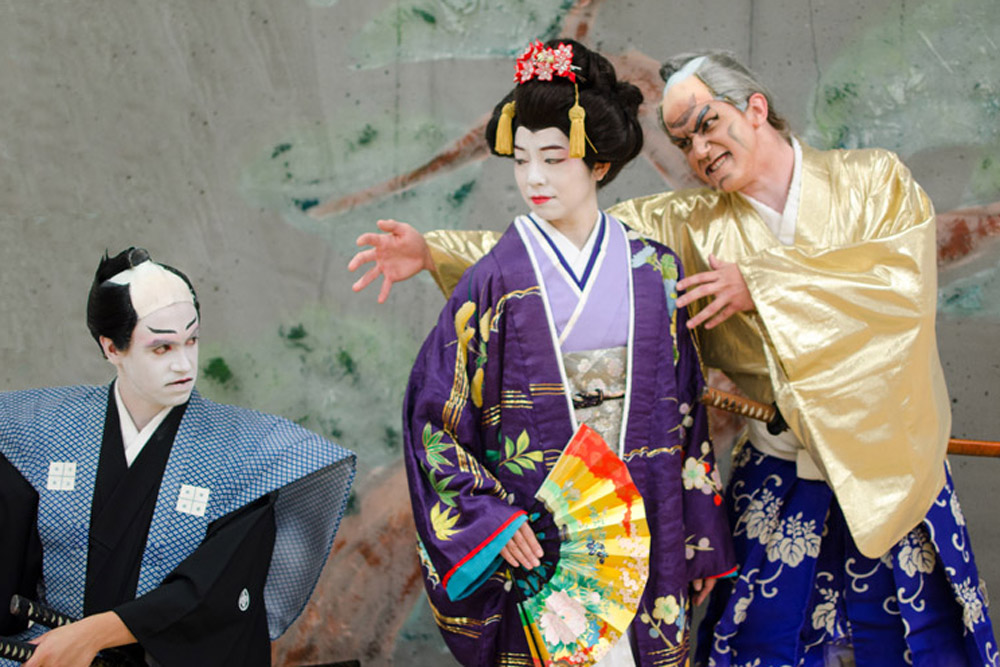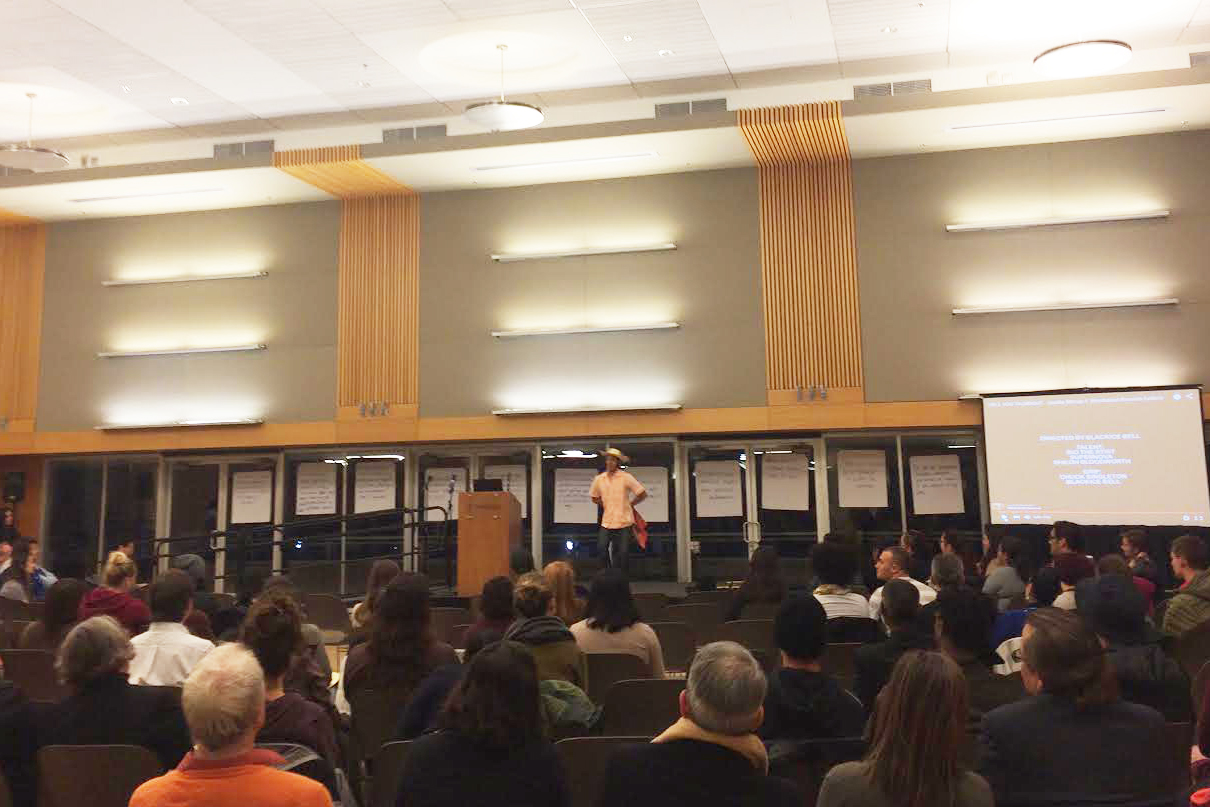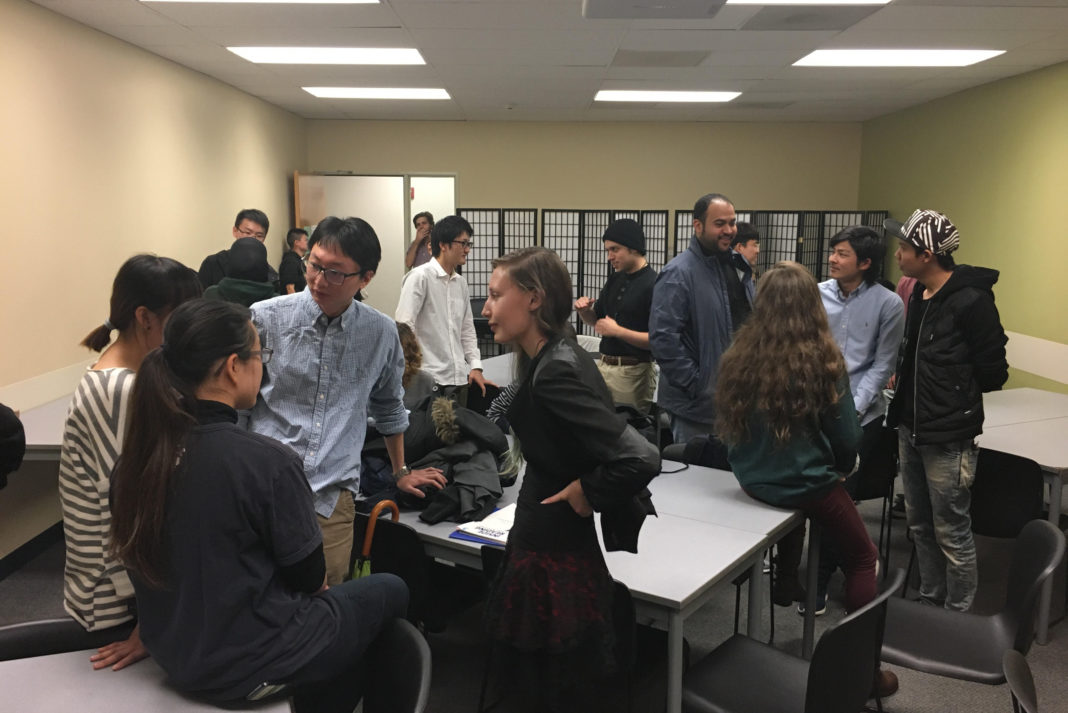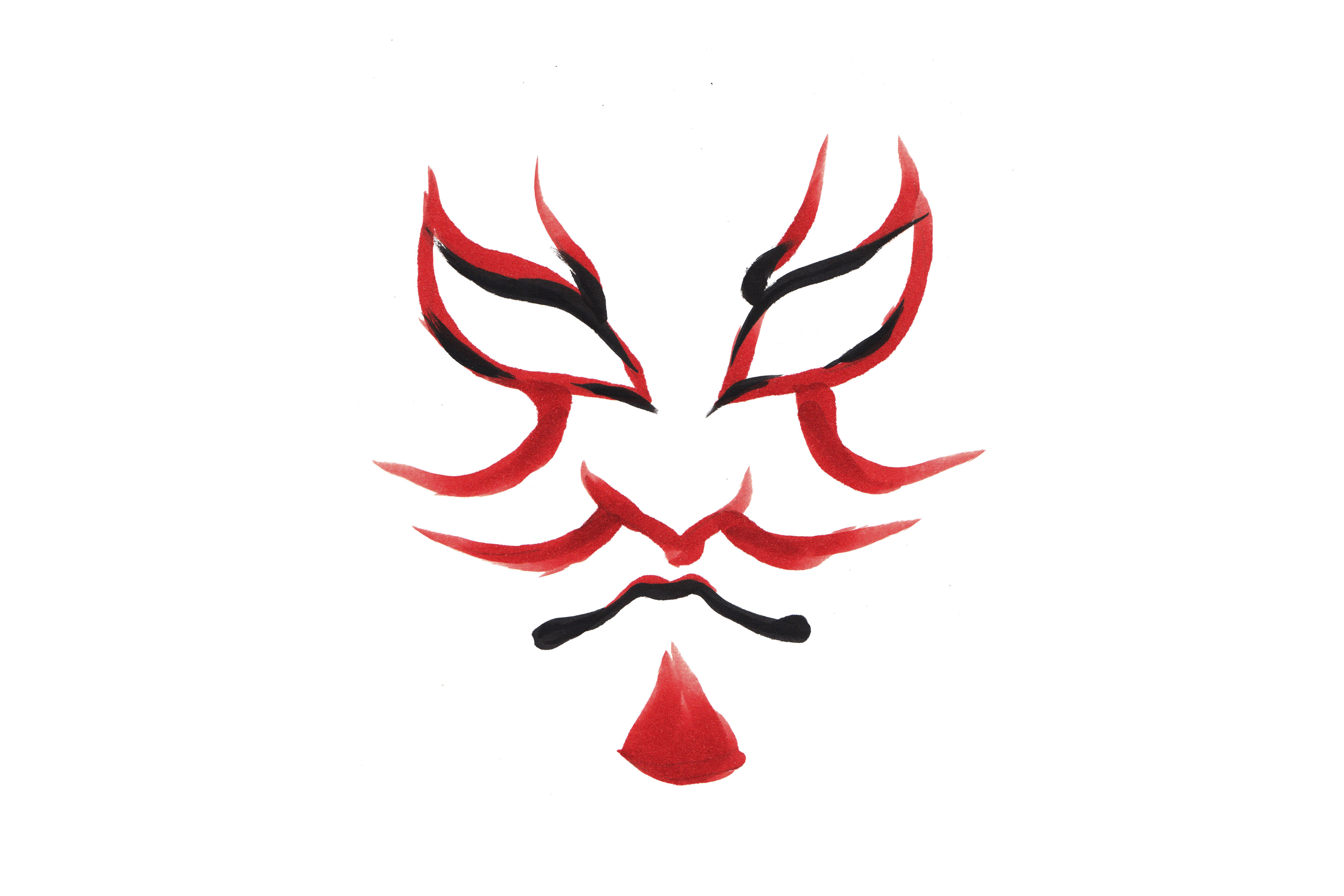The Center for Japanese studies and The School of Theater & Film have kicked off the winter term with a gong. With three lectures—including a film—and eight live productions of the Kabuki play, “The Revenge of the 47 Loyal Samurai,” the rest of the term will be Japan-packed with events.
Portland State will be the first North American university to host “The Revenge of the 47 Loyal Samurai” in English.
The man behind the production is Japanese Studies professor, Laurence Kominz. With a distinct interest in Japanese theater, Kominz is able to take his knowledge of the art and apply to it to the attention to detail that is required in Kabuki.
To gain a better understanding of the significance of this event, The Vanguard sat down with Kominz to ask him a couple questions:
Molly Ozier: Can you define Kabuki for the readers?
Laurence Kominz: Kabuki is a form of theater, which was born in Japan in the 1600s and developed there from that time until today. The word Kabuki means singing, dancing and acting. It is an acting-based art which portrays all sorts of characters and every sort of emotion from triumph to intense suffering in an aesthetically gorgeous way; full of action and intense emotion.
MO: What is the history behind Kabuki in the U.S.?
LK: The University of Hawaii more than 100 years of presenting Kabuki plays. The Japanese American’s had their own, very high level theater club…and they did Kabuki plays. Obviously, during WWII there were no Kabuki plays for about five years. From the early 60s on, [theater] became part of their curriculum. [The University of Hawaii] did many great Kabuki plays.
MO: What was your inspiration behind the want to direct Kabuki plays?
LK: There was a fabulous teacher and director of Kabuki plays named James Brandon. And he knew that of all the Kabuki plays that he would ever do, the most important would be “TRO47LS”…he got a huge grant to take that one production on tour around the United States in 1979. I was a graduate student in New York City at Columbia University…and they came to NYC and I saw it there. And I thought, “Wow! How can Americans do it that well?” And it gave me hope for my future that someday I would be able to teach and direct my students to do Kyogen.
MO: What’s Kyogen?
LK: At that time I wasn’t doing Kabuki I was doing this comedy called Kyogen, which is much simpler…And I thought, “Well, if [James Brandon’s company] can do this with Kabuki, I can really do some wonderful things with my students; teaching them and directing them to do Kyogen when I get my first job wherever that may be. And wherever that might be turned into PSU.
MO: What initially got you interested in the Japanese culture?
LK: When I was 14, my family went to Japan and I went to an international school in Tokyo. And of everyone—two siblings and me—of the three of us, I was the one that really sort of fell in love with Japanese culture more than my siblings.
MO: What do you hope the students who are in the production will get out of being in it?
LK: I want the students who are in it to get two big things out of it. In the broad sense for absolutely everybody, a deeper appreciation for the subtleties of Japanese culture…Then the attention to detail; nothing is unimportant. And this detail is properties, costumes, choreography and movement, precision, discipline, attention to detail, respect for tradition—you can make this list of aspects of Japanese culture, that these students will learn. Not because they’re lectured to about it, they will have to embody it. That is the best way to learn something…they are phenomenally imaginative students.
MO: What do you hope the public will get out of the production?
LK: First and foremost, what I want to show our public is that Kabuki is one of the finest performing theatrical genres in the world. That’s how seriously I feel about my primary field of research: “translation analysis outreach.” Kabuki is sort of at the core, it’s not all that I do, but it’s at the center of it…People think, “Weird Kominz, what is this Kabuki anyway?” I want to show them what this “Kabuki anyway” is and why I care.
MO: How do you feel each lecturer will contribute to the production?
LK: David’s [Atherton] lecture validates them. It validates the project. In other words, they’ve had Kominz telling them, now someone comes in from University of Colorado who says, “You guys are doing something really important!”…It’s like okay let’s work hard, we’re doing something important, I love that! Validation, inspiration, this is great for my cast to go to.
Maribeth [Graybill] will also validate it by…[the students will] see the characters they’re playing in dramatic poses and they can compare those with what they’re doing on stage. So, validation, connections, synergies, between the different media, theater, print art, paintings.
The film will be similar…that’s the third lecture. Basically it’s the nail in the coffin that the Japanese can’t get enough of it. There’s approximately…one film a year, not to mention TV series, is made about some aspect of “TRO47LS.”
MO: Is there anyone you’d like to dedicate this production to?
LK: James Brandon was something of a mentor to me in my early days here at PSU…I have tremendous respect for him. He provides 85% of the translation and a lot of my direction and inspiration. This has not been done since he did it in ‘79. I wanted to invite him as our guest of honor, and sort of have him pass me the baton in a public way… in October we learned he died after a terrible fight with cancer. He was in his late 80s…we’ll dedicate the play to his contribution and his memory.
The other great elder statesmen, Donald Keene…he is coming. He’s my mentor and he’s the one who did the very first translation of this play—the puppet version which is the oldest version.
So we’ll be able to honor one man alive and memorialize the second. All of whom are associated with this play. So in a way, this an emotional reception of a performance and scholarly heritage from my teachers whom I deeply admire.
The first of eight shows will begin Feb. 25 and continue until March 5. More information can be found on the Center for Japanese Studies PDX page.






